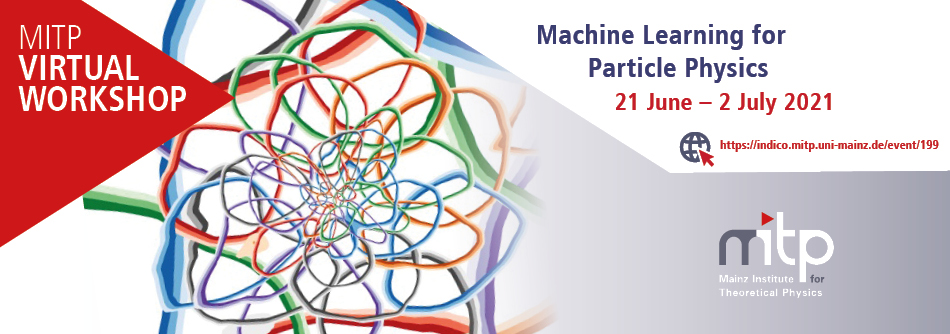While machine learning in particle physics is a wide open field, we can still identify a few directions where we expect our scientific program to have impact in our community and beyond:
-
classification of jets and events including a proper treatment of statistical, systematic, and theoretical un- certainties;
-
multi-class approaches covering three or more physics hypotheses especially at the event level and proper calibration, also applicable to event generation;
-
weakly supervised and unsupervised learning, based on only understanding background samples and systematically mining for anomalous patterns;
-
generativeadversarialnetworksorsimilarapproachesasanewtoolfortheoryapplications,complementing the knows Monte Carlo methods;
-
statistical methods like information geometry, requiring deep learning methods for example to be applied in experimental analyses.
Moreover, the wider field of machine learning is rapidly progressing in relation to the LHC physics, with a vast range of possible applications. By the Summer of 2020 there will have been several conferences on the topic, and we expect new and exciting challenges to emerge.

